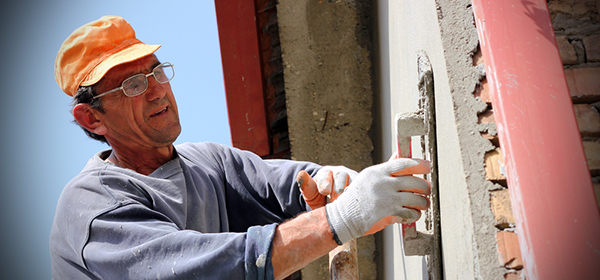On the surface, Australia seems to have a reasonable retirement income system. Australia’s compulsory superannuation system, introduced nearly 30 years ago, is often cited overseas as an example of good forward planning. But new research has shown that for one group in Australia, the system simply isn’t fair.
As published in the Australian Financial Review, when you compare 10 countries with similar economies to Australia, it is clear that Australia’s poorest and wealthiest citizens are doing well from the system. Australia’s average income earners, however, are missing out on the benefits. How can this be? And what is the solution to this skewed system?
The ‘net replacement rate’ is a measurement that compares pre-retirement income to retirement income, by dividing a person’s pre-retirement income by their retirement income, to find out how much of their wage is replaced by what they can expect to receive in retirement. Essentially, it shows how much your income will drop after retiring. All these figures are after-tax, so the ‘net replacement rate’ talks about money in your pocket, not money you can’t access.
In a hypothetical case, where an average wage earner in Australia enters the workforce at 20 and retires at 67, their ‘net replacement rate’ is significantly lower than the net replacement rate of a low-income earner or a high-income earner. In English, that means that when low- and high-income earners enter retirement, their income does not drop as much as average income earners, who experience the greatest income drop as they shift from their work to their retirement income.
In Australia, an average income earner’s retirement income is only slightly more than 40 per cent of their pre-retirement income.
Compared to other similar economies, this puts us near the bottom of the list for average income earners – the only country doing worse than Australia is Great Britain. In the Netherlands, for example, average income earners receive 100 per cent of their working wage after retiring. In Canada, it’s above 50 per cent.
This drop has massive implications for quality of life in retirement for a huge number of Australians. It also shows that the system is unfair, as this drop is not experienced by all income brackets. In most other countries, the net replacement rate drops as income rises – the poorest experience the least in income decline, and the wealthiest experience the greatest decline. In Australia, however, those earning 150 per cent of the average income receive 43.4 per cent of their annual wage after retiring, while those receiving the average income receive only 40.7 per cent. How can this be?
According to David Knox of the Australian Financial Review, the answer is twofold. First, while the superannuation system is flat for most income earners, the tax system is progressive. Second, due to the income and assets test system in Australia, average income earners are expected to receive little or no Age Pension during retirement. Knox recommends solving this problem by looking to the Danish system, which pays all citizens part of the Age Pension at a flat rate as taxable income, and pays the balance on an income-tested basis. This universal pension would improve retirement income for average wage earners, who currently receive very little Age Pension, but would have less of an effect on high-income earners, creating a fairer system.
Given that Australia’s projected expenditure on the Age Pension as a percentage of GDP is currently the lowest of all 10 countries included in this comparison, the small increase in spending that this proposed system would entail could reasonably be absorbed by the budget without breaking the bank.
What do you think? Is the Australian retirement income system unfairly weighted against middle income earners? Should the government consider a universal part-pension?
Related articles:
Retirement income concerns rise
The retirement income sweet spot
The retirement income story

